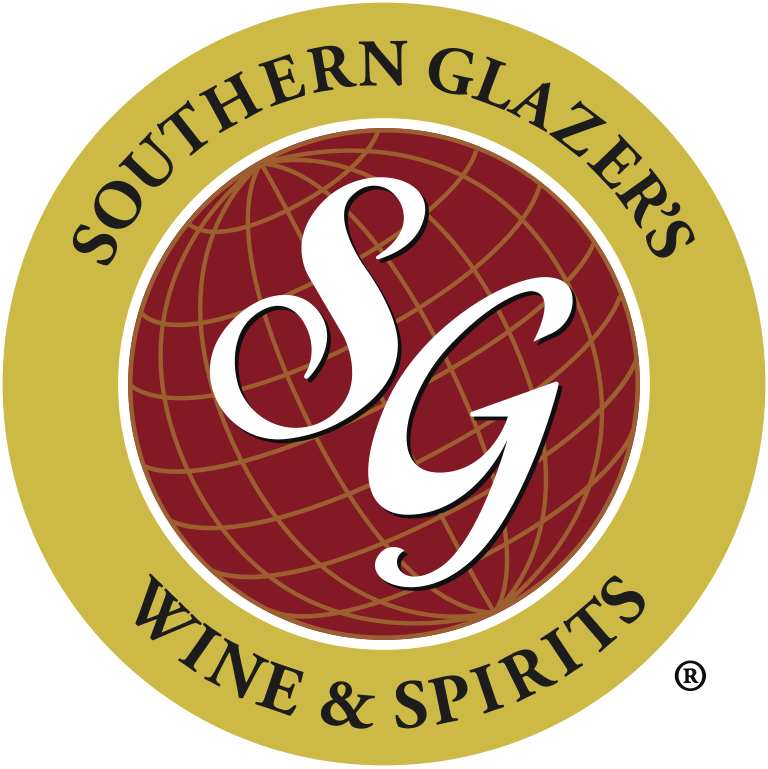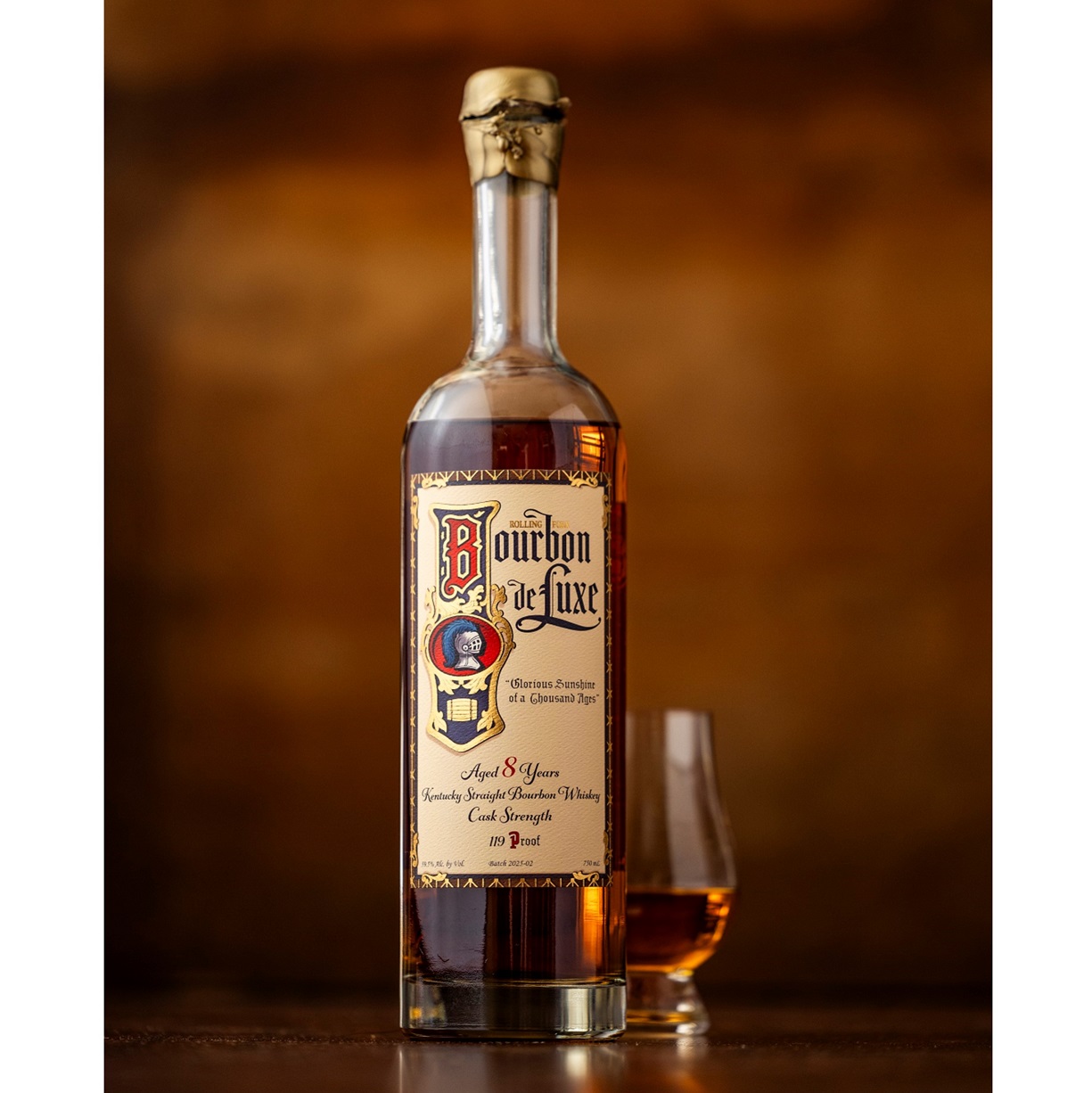FTC Sues Southern Glazer’s Over Alleged Price Discrimination

The Federal Trade Commission sued Southern Glazer’s Wine and Spirits, LLC (Southern), alleging the company violated the Robinson-Patman Act, harming small, independent businesses by depriving them of access to discounts and rebates, and impeding their ability to compete against large national and regional chains.
The FTC’s complaint alleges that by selling wine and spirits to small, independent “mom and pop” businesses at prices that are drastically higher than what Southern charges large chains — with dramatic price differences that provide insurmountable advantages that far exceed any real cost efficiencies for the same bottles of wine and spirits — Southern engaged in anticompetitive and unlawful price discrimination.
Under the Robinson-Patman Act, it is generally illegal for sellers to engage in price discrimination that harms competition by charging higher prices to disfavored retailers that purchase similar goods. The FTC’s case filed on Thursday seeks to ensure that businesses of all sizes compete on a level playing field with equivalent access to discounts and rebates, which means increased consumer choice and the ability to pass on lower prices to consumers shopping across independent retailers.
“When local businesses get squeezed because of unfair pricing practices that favor large chains, Americans see fewer choices and pay higher prices—and communities suffer,” said Chair Lina M. Khan. “The law says that businesses of all sizes should be able to compete on a level playing field. Enforcers have ignored this mandate from Congress for decades, but the FTC’s action today will help protect fair competition, lower prices, and restore the rule of law.”
The lawsuit alleges that since at least 2018 and continuing today, Southern has repeatedly discriminated in price between disfavored independent purchasers — which include neighborhood grocery stores, local convenience stores, and independently owned wine and spirits shops — and favored large chain purchasers of wine and spirits, such as Total Wine & More, Costco, and Kroger, the FTC’s complaint states.
In 2023, Southern generated roughly $26 billion in revenues from wine and spirits sales to retail customers, making it the tenth largest privately held company in the country, the FTC said. Southern serves as the distributor for many of the largest wine and spirits suppliers, including Pernod Ricard (Jameson Irish Whiskey, Absolut Vodka), Bacardi U.S.A., Inc. (Patron Silver Tequila, Grey Goose Vodka, Bacardi Rum), Diageo (Smirnoff Vodka, Aviation Gin), and Beam Suntory (Jim Beam Bourbon, Makers Mark Whiskey).
Southern’s discriminatory pricing is pervasive and deeply engrained in Southern’s business strategy and is accomplished through a variety of pricing mechanisms, according to the FTC’s complaint.
Southern’s lower prices for large national chains are not derived from differences in Southern’s cost of distributing products to larger retailers, nor do they reflect legitimate attempts to meet prices offered to chain retailers by competing distributors according to the FTC’s complaint. Instead, the FTC alleges that Southern has squarely violated the Robinson-Patman Act by intentionally and illegally providing steep discounts without any market justification to a specific set of retailers.
In a statement published by BusinessWire.com, Southern calls the lawsuit “both misguided and legally flawed,” and vows to fight the suit.
“Alcohol distributors face numerous regulations that dictate how they compete and can price and discount products, and Southern Glazer’s complies with those legal requirements,” the statement reads. “Southern Glazer’s strongly disputes the FTC’s allegations and will defend itself vigorously in this litigation.”
The FTC said the lawsuit is aimed at ensuring that small, independent retailers served by Southern have access to the same discounts, rebates, and pricing as the large chains that they compete directly against, except to the extent that differential pricing is justified by actual cost differences, changed conditions, or a good faith effort to meet a competitor’s equally low price.
The FTC’s lawsuit seeks to obtain an injunction prohibiting further unlawful price discrimination by Southern against these small, independent businesses. When Southern’s unlawful conduct is remedied, large corporate chains will face increased competition, which will safeguard continued choice which can create markets that lower prices for American consumers.
The Commission vote to authorize staff to file for a permanent injunction and other equitable relief in the U.S. District Court for the Central District of California was 3-2 with Commissioners Andrew Ferguson and Melissa Holyoak dissenting. Commissioner Alvaro M. Bedoya issued a statement joined by Khan and Commissioner Rebecca Kelly Slaughter. Commissioners Ferguson and Holyoak each issued separate dissenting statements.
ACSA Responds
Margie A.S. Lehrman, CEO of the American Craft Spirits Association, issued a statement supporting the action.
“The American Craft Spirits Association (ACSA) welcomes FTC’s efforts to crackdown on anticompetitive pricing practices that hurt small independent retailers, who are invaluable partners for craft distillers,” Lehrman said. “Market access remains one of the biggest challenges facing America’s craft spirits industry. This action by the FTC is an important step to protect small businesses but also should serve as a clarion call to all legislators and regulators to enact policies that enable craft spirits manufacturers to compete in this complex and consolidated marketplace.
Lehrman noted that more than 3,000 craft distillers in the United States operate in all 50 states. Despite this number, craft spirits only account for less than 5% of all spirits volume.
“At the same time the number of craft distillers continues to rise, the number of wholesalers and retailers continue to consolidate at an accelerated pace raising barriers to market access for small business manufacturers,” she said. “The current 3-tier regulatory structure of the beverage alcohol market is outdated and in need of reform. ACSA urges policymakers to develop additional routes-to-market including direct shipping to consumers and retailers. Enacting these measures would result in a rare win-win-win for distillers and consumers as well as our wholesale and retail partners.”
Read more: Top 100 American Whiskeys of 2023 — RANKED
FTC sues Southern Glazer’s for illegal price discrimination: https://t.co/hyLr7SS7uY /1
— FTC (@FTC) December 12, 2024
About the Federal Trade Commission
The Commission issues a complaint when it has “reason to believe” that the law has been or is being violated, and it appears to the Commission that a proceeding is in the public interest.
The Federal Trade Commission works to promote competition, and protect and educate consumers. The FTC will never demand money, make threats, tell you to transfer money, or promise you a prize. You can learn more about how competition benefits consumers or file an antitrust complaint. For the latest news and resources, follow the FTC on social media.









